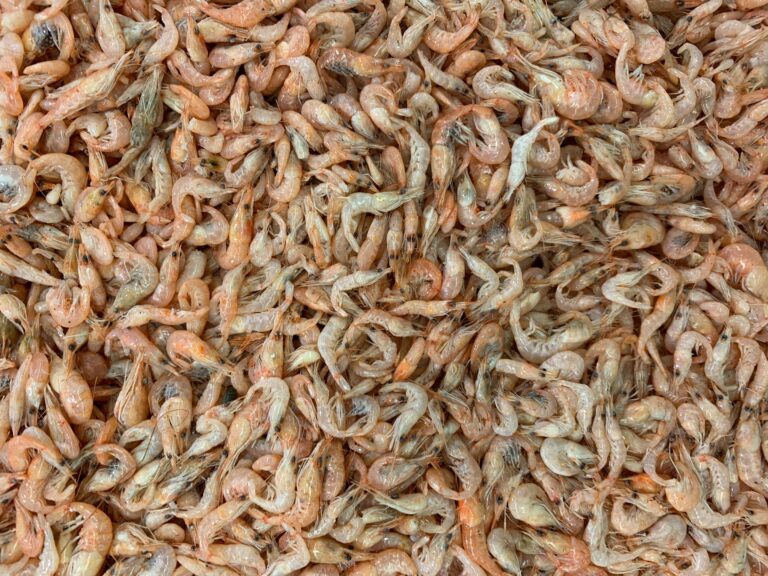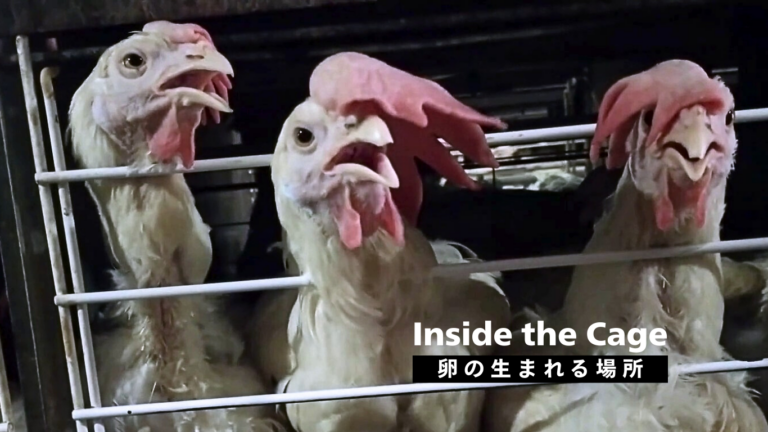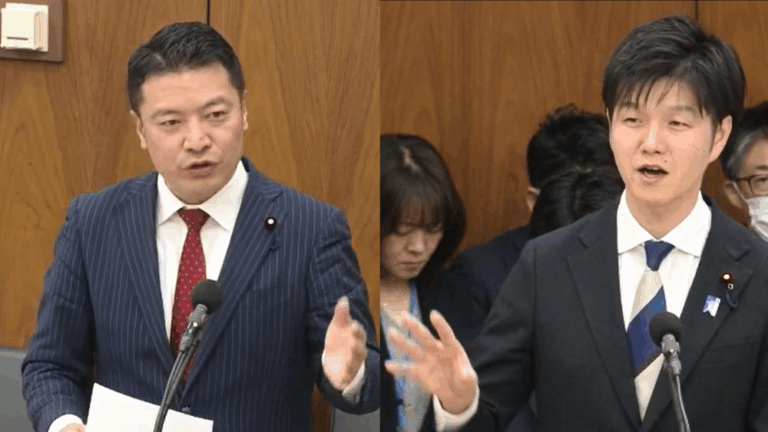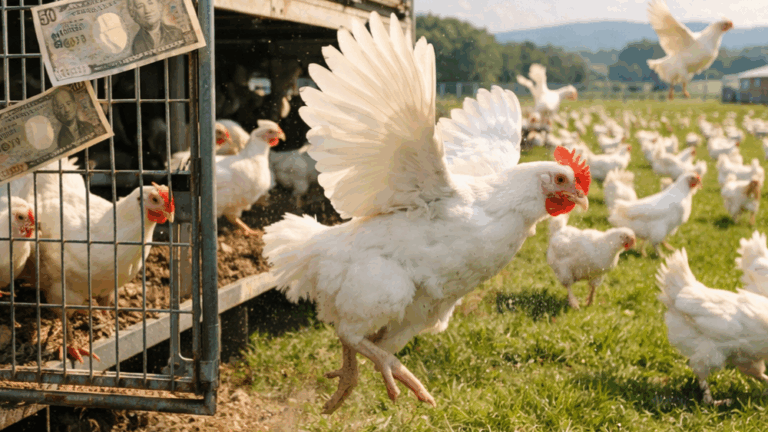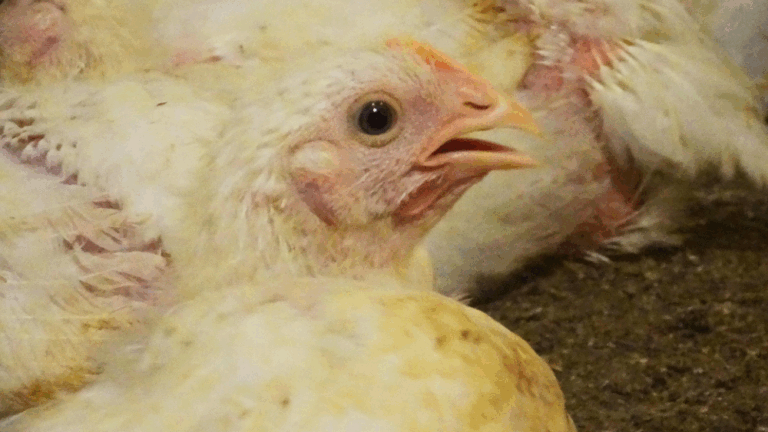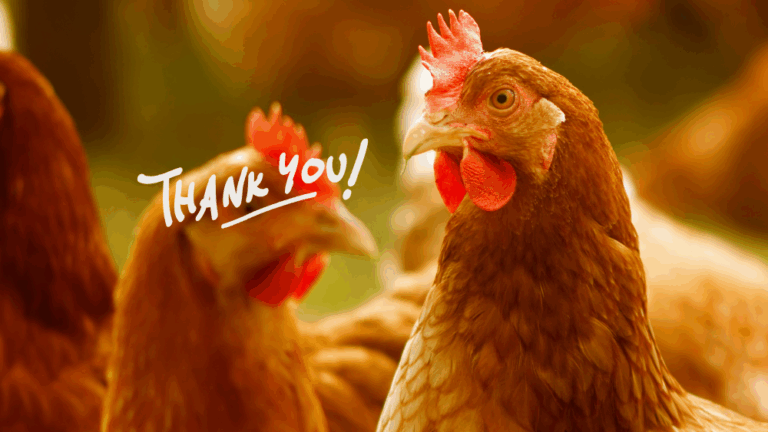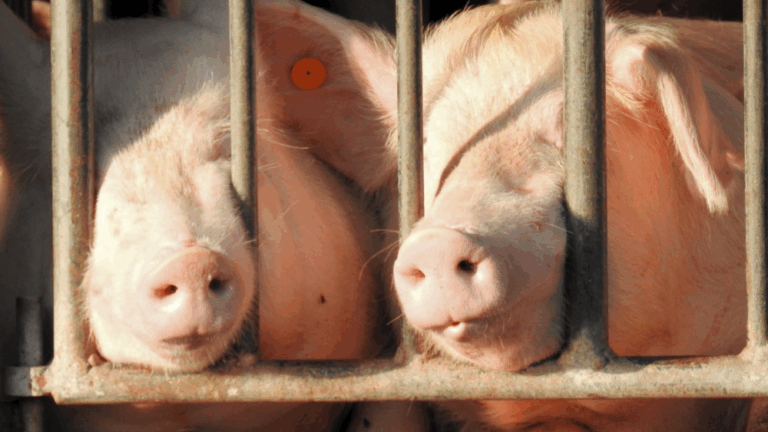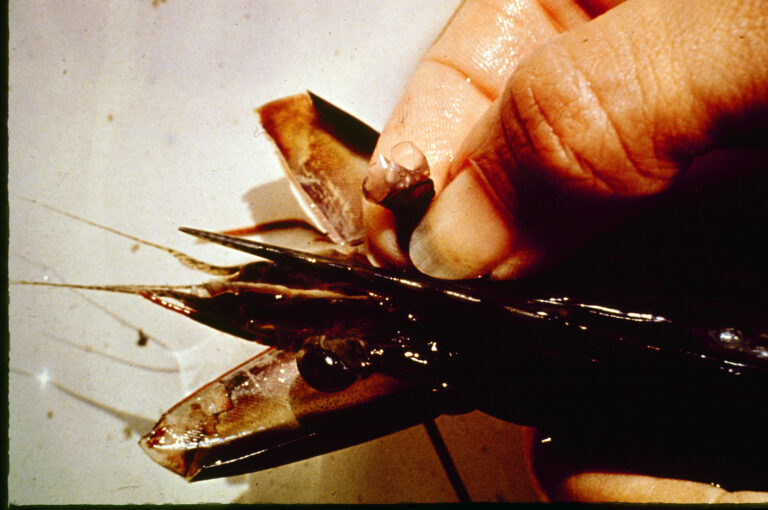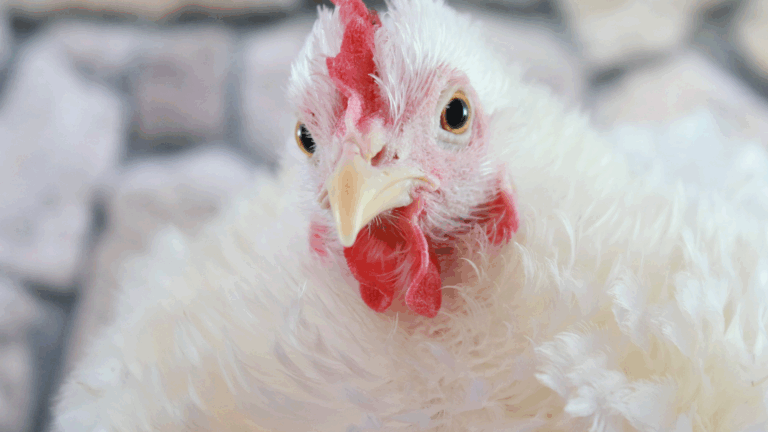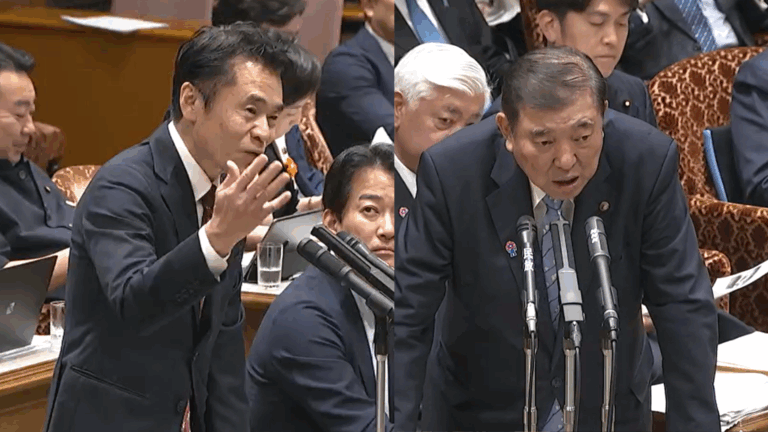At the end of July, we commissioned a public survey in advance of the #ShrimpsMatter campaign.
After briefly describing the actual practice of breeder shrimps getting one of their eyes removed in aquaculture, including videos and photos on this campaign site, we asked 12 questions with the following 4 choices:
- Yes
- Rather yes
- Rather no
- No
- Before seeing this survey, did you know that shrimps can feel suffering?
- Had you thought that you want to know about the breeding methods and breeding environments of shrimps that you eat?
- Did you know that in shrimp farming, eyes are getting cut off?
- Do you feel you want to avoid shrimps from farms that cut off the eyes?
- Did you know there exist certification labels regarding aquaculture (like MEL Marine Eco-Label Japan, ASC, etc)?
- Have you seen certification labels like MEL or ASC at supermarkets or restaurants?
- Do you feel you want aquaculture certification labels to include in their standards a criteria that shrimps come from farms that don’t practice eye ablation?
- Do you want the Japanese government to promote not practicing shrimp eyes ablation to producers and retailers?
- After reading the descriptions, did you feel you want to avoid shrimps who are farmed?
- After reading the descriptions, did you feel you want to reduce shrimp consumption?
- Do you feel that shrimps can feel suffering?
- Did you think that fish can feel suffering?
From a database of over 3.5 million survey takers nationwide, we obtained responses from 2,884 men and women ages 15 and over.
The results are summarized in the table below (different from the above order, but in an easy-to-read order).
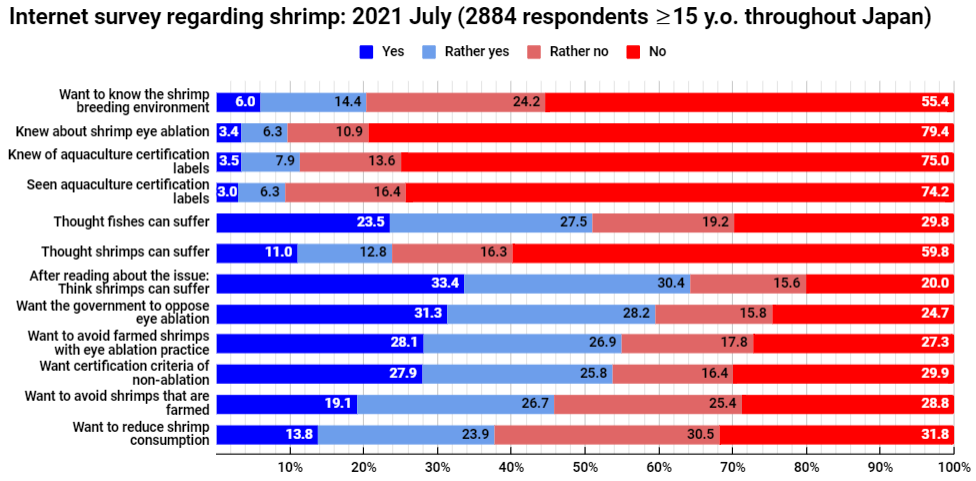
Only 11% (1 in 9) knew that “shrimps can feel suffering”, and including “rather” answers, 3 out of 4 people in Japan seem to think shrimps don’t feel suffering. After the explanation, about three times the people seemed to become convinced that shrimps do also suffer.
(Regarding if they thought “fish can feel suffering”, only one in four people answered “yes”. About half of the people seem to think that fishes do not feel suffering. )
With the situation being so, about 20% of the people “want to know about the breeding methods and breeding environments of the shrimps they eat”, or about 1 in 5 people.
About 3-10% of the people knew “that in shrimp farming, eyes are getting cut off” and a similar percentage knew / have seen “certification labels regarding aquaculture”.
After reading the briefing on the current situations of farmed shrimps, about 60% answered they “want the Japanese government to promote not practicing shrimp eyes ablation to producers and retailers” and more than 50% responded they “want to avoid shrimp from farms that cut off the eyes” and “want aquaculture certification labels to include in their standards a criteria that shrimps come from farms that don’t practice eye ablation”. Nearly half responded they “want to avoid shrimps who are farmed”, and nearly 40% said they “want to reduce shrimp consumption”.
Generation trends
Awareness levels seem higher among the younger generations.

With other questions about awareness (1/3/5/6/12), the trend was similar to the above.
However, when it comes to whether they want to do something about it, the trend was nearly opposite.
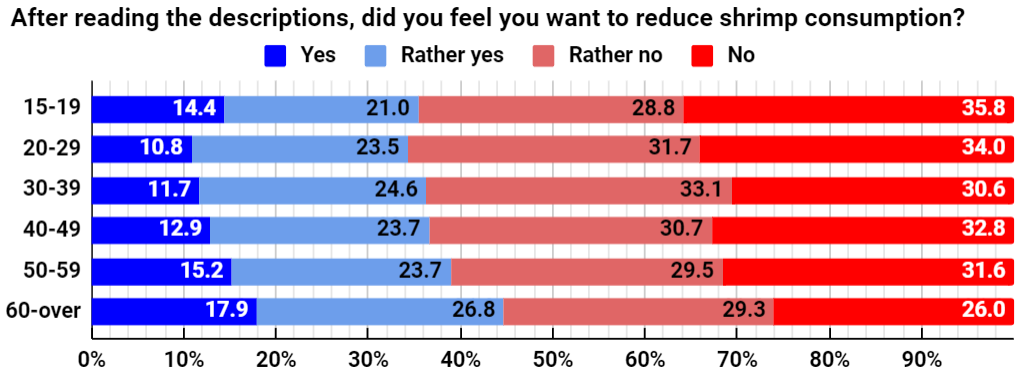
With all the questions leading to solutions (2/4/7/8/9/10), the trend was similar to the above. Unfortunately, for the 20s and above, younger people seem to lack recognition of the farmed shrimp issues or desires to solve them. There is still hope for 15-19 years olds.
As interest seems to diminish somewhere between their teens and the 20s, it’s especially important to communicate to these generations that through their choices and actions they can reduce suffering.
[Survey sponsor] Certified nonprofit organization Animal Rights Center Japan [Survey period] 2021/7/29 – 2021/8/5 [Valid responses] 2884 (of which 2783 were in July) [Survey method] Internet survey (using internet monitors by a general surveying company) [Survey participants] Among the 3.5 million+ internet monitors, male and female 15 years old and above throughout Japan
The cost of this survey was covered by a grant from Compassion in World Farming International.
To measure the impact of this #ShrimpsMatter campaign, we plan to commission the same survey again in January 2022 using the same funding.


